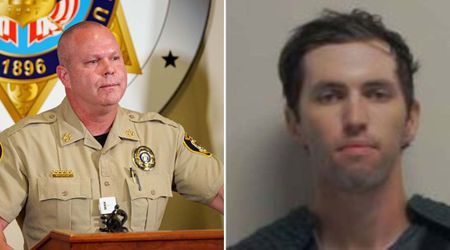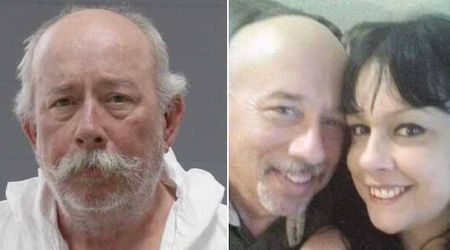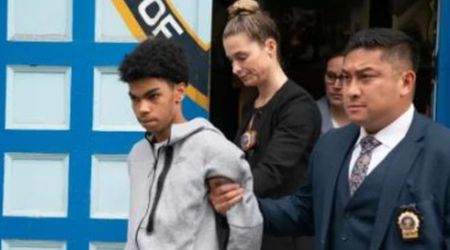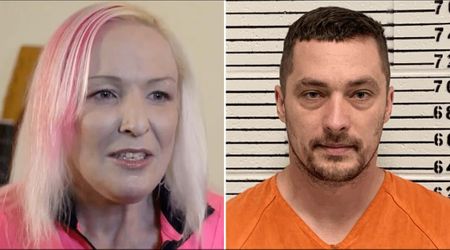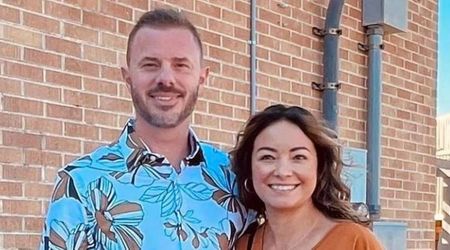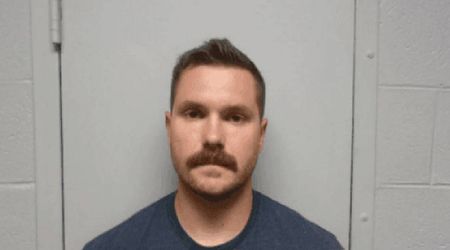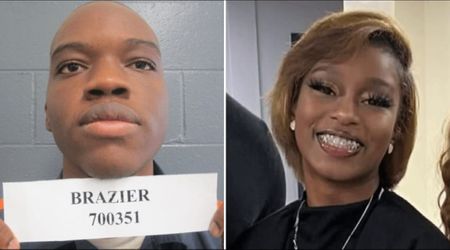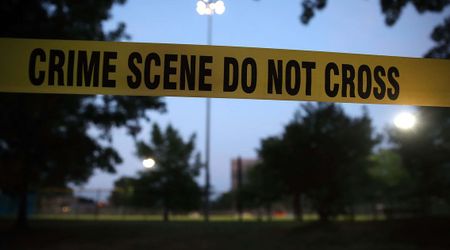Long Island murders: 4 arrested for hacking dead bodies, given supervised release under New York's bail reform law
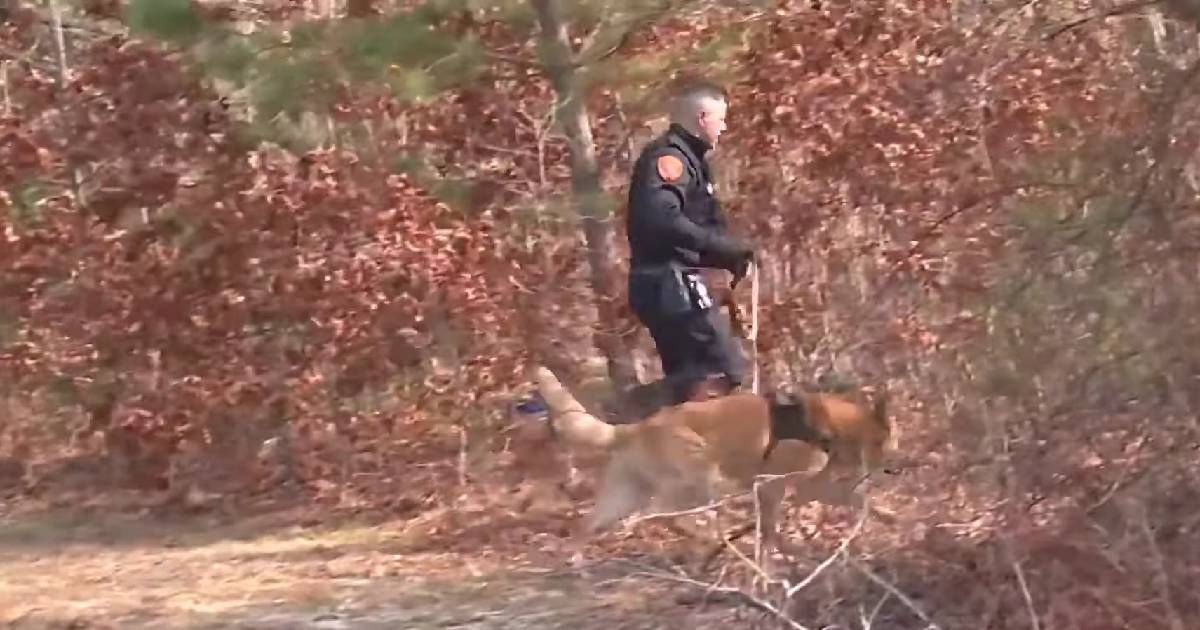
Warning: This article contains a recollection of crime and can be triggering to some, readers’ discretion advised.
LONG ISLAND, NEW YORK: In an "absurd result" attributed to the state's bail reform laws, four people who were charged on Wednesday, March 6, with concealing parts of two dead bodies and dispersing them throughout Long Island, were released under supervision.
The foursome allegedly tried to conceal the corpses in a grisly scheme carried out in the Amityville home where three of the accused had just moved weeks earlier, prosecutors claimed in Suffolk County court.
Four individuals charged with obstructing prosecution
Along with homeless woman Alexis Nieves, 33, roommates Steven Brown, 44, Jeffrey Mackey, 38, and Amanda Wallace, 40, were charged with obstructing prosecution, hiding a human corpse, and tampering with tangible evidence.
However, according to Suffolk police, none of the four have yet been charged with murder. The criminal justice reform laws of New York state do not allow bail for these crimes, so they each entered a not-guilty plea and were released with ankle monitors.
In a statement shortly before the arraignment, Suffolk County District Attorney Ray Tierney attacked the state's bail policies, claiming that his prosecutors were unable to request cash bail due to recent changes that eliminated the eligibility for crimes involving the mutilation and disposal of a murdered person's corpse.
“This is yet another absurd result thanks to ‘Bail Reform’ and a system where the Legislature in Albany substitutes their judgment for the judgment of our judges and the litigants in court,” Tierney said in the Wednesday, March 6, statement.
“We will work with the Suffolk County Police Department to resolve this investigation as soon as possible and implore our Legislature to make common sense fixes to this law.”
Motive still unknown
Authorities believe that the two victims, a 53-year-old man and a 59-year-old woman, who shared the same Yonkers, Westchester County, address are the ones whose remains were found, New York Post reported.
The motive behind the killings and the possible relationship between the victims and the accused has not been mentioned by the authorities.
District Court Judge Edward Hennessey chose supervised release despite the prosecutor's attempts to portray the accused as flight risks.
“The court understands that it has a responsibility to release on recognizance unless this defendant is a risk to public safety,” Hennessey said each time. “Cash bail is not available with current statutes.”
Accused's attorneys insist on their innocence
The turbulent week on the south shore of the island started on February 29 when a girl walking to school with her friends discovered a body part close to Babylon Park.
Since then, authorities have reported that they have discovered a variety of body parts in Bethpage State Park, West Babylon Woods a few miles away, and close to the same park.
Brown, Mackey, and Wallace are listed as residents of the Railroad Avenue horror house. Nieves moved in sometime during the last three weeks, Assistant District Attorney Frank Schroeder told the court.
Following their arraignments, the accused's attorneys insisted on their innocence. "We’ll see what they claim is their evidence," Brown's lawyer Ira Weissman said.
John Halverson, Mackey's lawyer, stated that his client will be fighting the charges "vigorously" and maintains his innocence.
“Because the district attorney and the police say it’s so, doesn’t mean it’s so,” Halverson said.
The next court date for Nieves and Mackey is March 8. On March 11, Brown and Wallace are scheduled to return.

